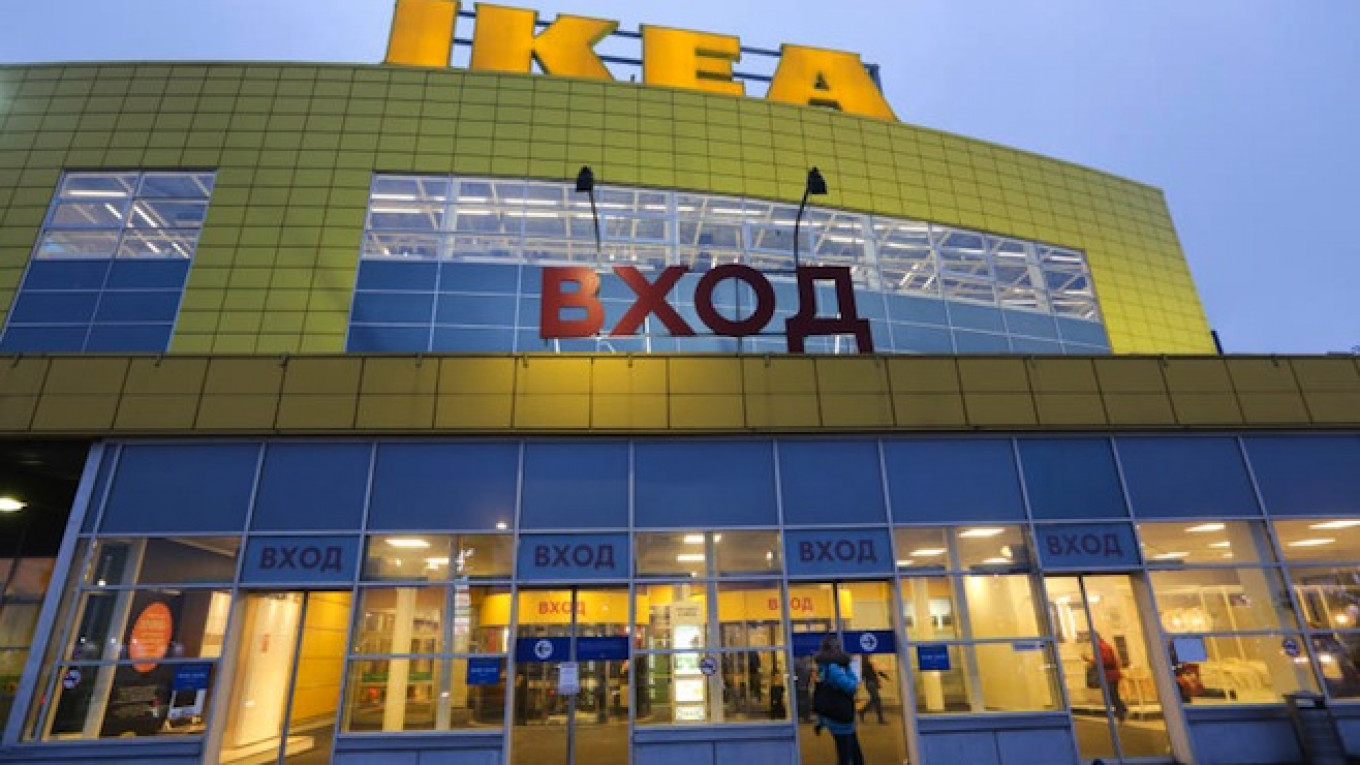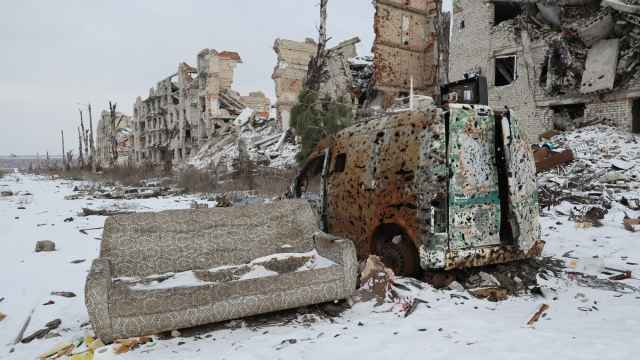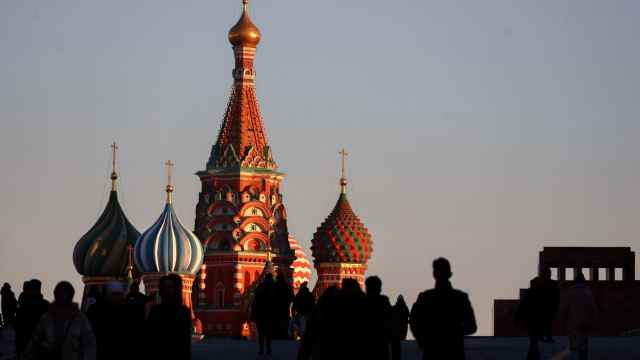COPENHAGEN — IKEA, the world's biggest furniture retailer, plans to spend up to 3 billion euros ($3.2 billion) on new shopping centers over the next 5 to 7 years, aiming to cash in on the popularity of its stores by collecting rent from retailers keen to set up nearby.
The Swedish company formed IKEA Centers last year to group its existing out-of-town shopping malls and retail parks, and further develop a real estate business out of its core retail chain that sells cheap, mainly self-assembly furniture.
The division's boss, John Tegner, said that shopping centers helped the group by attracting more customers to its stores, which lie at the heart of the centers, while providing revenues from tenants and assets that have grown in value.
"We strengthen the trading place by the IKEA store. It has also turned out to be a pretty good business. Over time this has proven to be a relatively stable and profitable investment," he said in an interview at IKEA Centers' headquarters outside Copenhagen in Denmark, without providing figures.
Several supermarket groups such as France's Carrefour have pursued a similar strategy in the past, though not always successfully as shoppers in North America and Europe have shifted to buying more goods locally and online.
Tegner said IKEA Centers, part of IKEA Group whose 318 furniture stores attracted 716 million visitors in the year ended August, would invest in new shopping centers in all of its markets, but mainly China and Russia. Here, the retail sector was often growing out of nothing and out-of-town malls provided a place not only for shopping but also eating and socializing.
In China in particular, new cities were growing so quickly that they did not have a traditional center at all, he said.
"Food's share of turnover [at shopping centers in China] is surprisingly high to me as a European," said the Swede, a veteran at IKEA's shopping centers operations.
"Many of our tenants with the biggest turnover per square meter are restaurants. That's a big difference to Europe."
Sticking With Russia
Since the first opening in 2001, IKEA's shopping center business has grown to 58 out-of-town malls and retail parks in 13 European countries and since last year also in China.
The property portfolio at this little-know leg of the IKEA business has grown in value to between 9 and 10 billion euros, making it one of the top 10 global operators behind the likes of France's Klepierre, Unibail-Rodamco, Australia's Westfield, U.S. group Simon Property and Dalian Wanda in China.
Despite a sluggish economy, IKEA's European centers saw on average a 2 percent like-for-like rise in visitor numbers last year, compared with a 1 percent increase for the shopping mall industry as a whole, Tegner said.
Privately-owned IKEA Group, which made a profit of 3.3 billion euros in the year ended August, has often fared better than other retailers during challenging economic times, thanks to its focus in low prices.
Tegner said IKEA Centers had proven equally resilient and so saw no need to change its plan to invest 2 billion euros in Russia in new and existing centers by 2020, despite that country's sharp economic slowdown.
Russia is IKEA Centers' largest single market, with shopping centers adjacent to all 14 IKEA stores in the country.
As well as China and Russia, Tegner sees strong potential for Sweden and Poland because of consumers' rising purchasing power there.
IKEA will open one new center this year, a three-story 127,000 square meter mall in Wuhan, China. In 2016, two new centers will open, in Sweden and France.
A Message from The Moscow Times:
Dear readers,
We are facing unprecedented challenges. Russia's Prosecutor General's Office has designated The Moscow Times as an "undesirable" organization, criminalizing our work and putting our staff at risk of prosecution. This follows our earlier unjust labeling as a "foreign agent."
These actions are direct attempts to silence independent journalism in Russia. The authorities claim our work "discredits the decisions of the Russian leadership." We see things differently: we strive to provide accurate, unbiased reporting on Russia.
We, the journalists of The Moscow Times, refuse to be silenced. But to continue our work, we need your help.
Your support, no matter how small, makes a world of difference. If you can, please support us monthly starting from just $2. It's quick to set up, and every contribution makes a significant impact.
By supporting The Moscow Times, you're defending open, independent journalism in the face of repression. Thank you for standing with us.
Remind me later.






